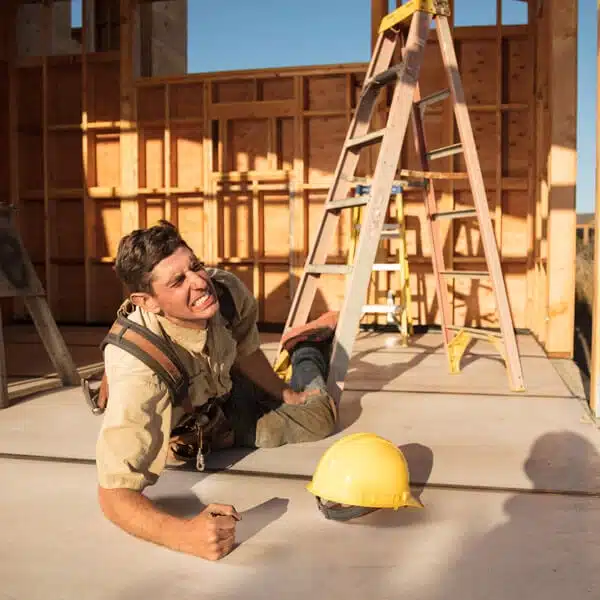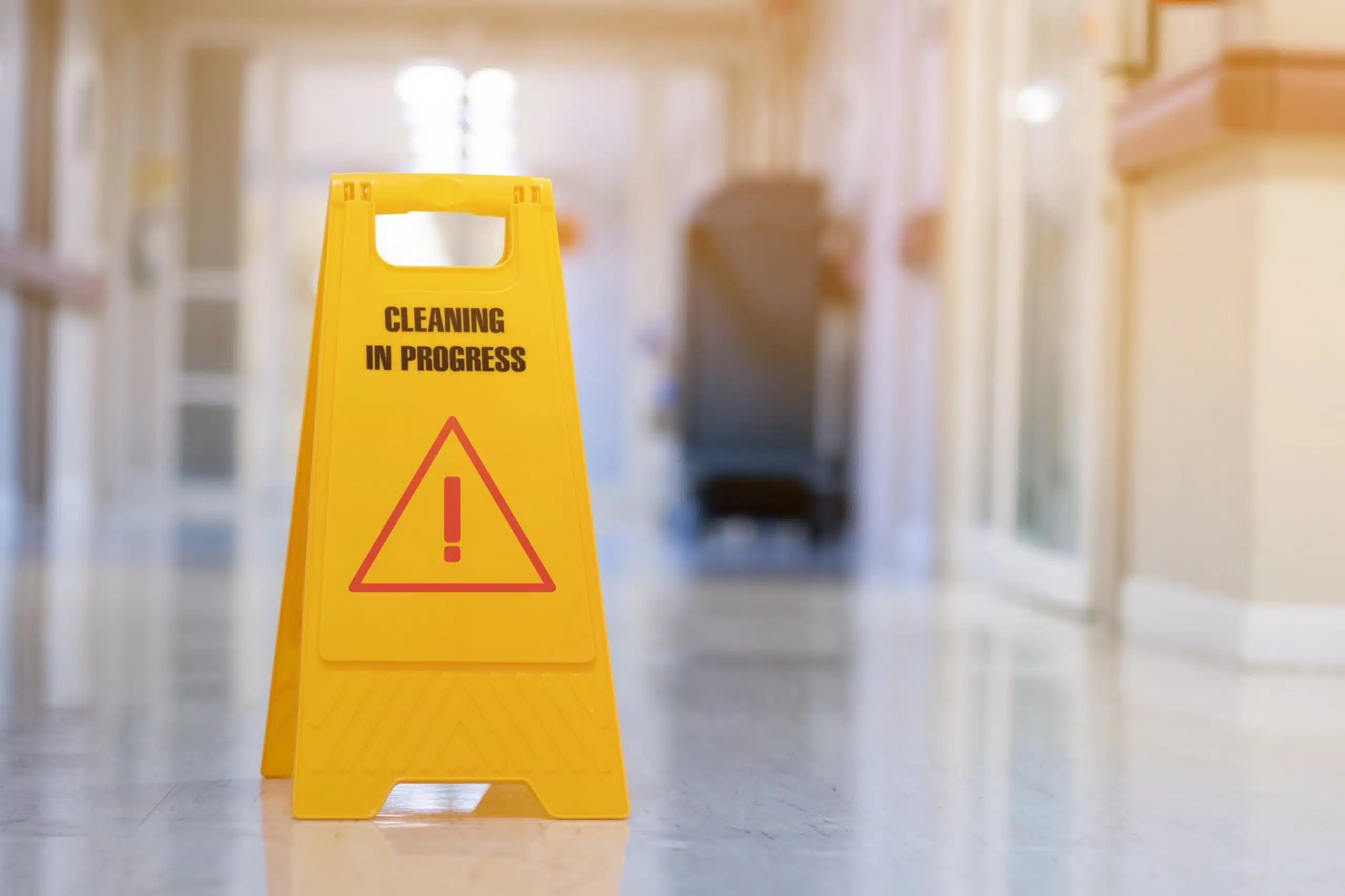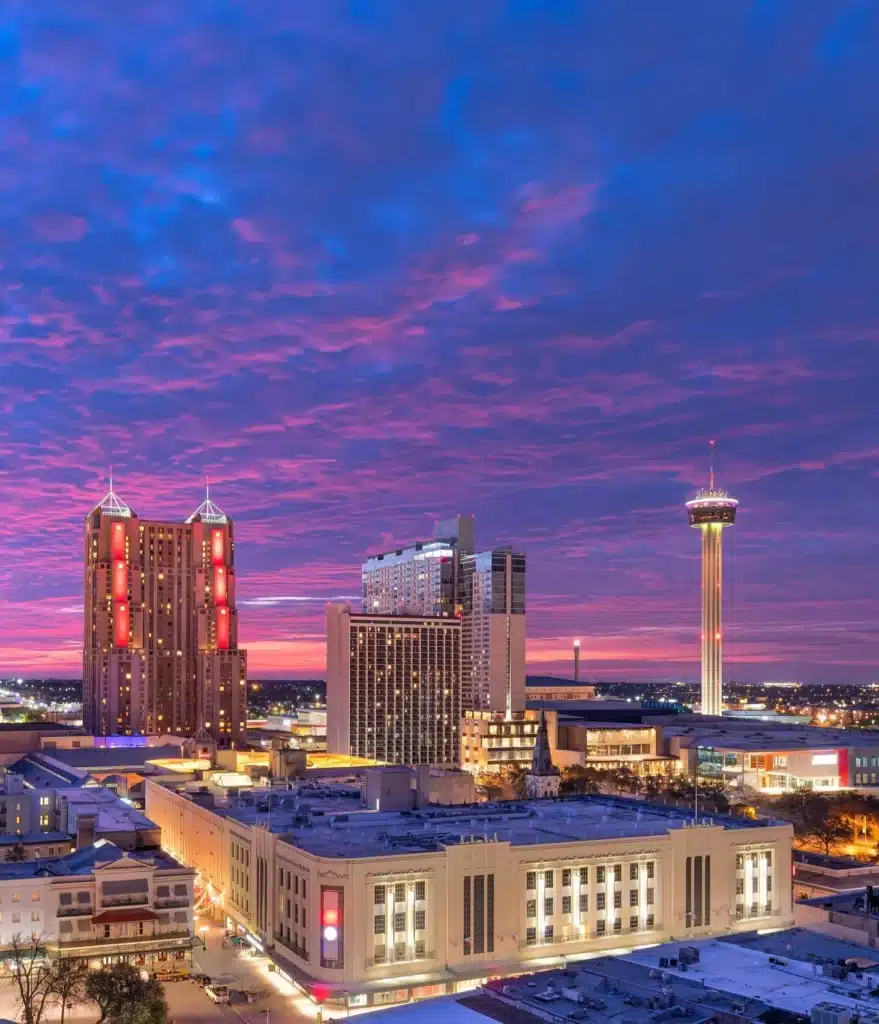The first thing you should do, assuming your urgent medical needs are met, is start to gather evidence. It’s important to write down an accurate description of everything so you don’t forget any crucial details. You should use your phone to take pictures of anything that could be used as evidence, such as wet floors, cracks or uneven surfaces, inadequate lighting, and/or inadequate handrails.
Also, get the name and contact information of any witnesses. Better still, ask them for testimony and record it on your phone (you can use your phone’s video function to do this).
Before you leave, take a photo of yourself, including your injuries. Also, take a photo of the shoes and clothes that you were wearing and put these items aside once you are home. This is to avoid the claim that you were wearing something inappropriate that contributed to the fall.
Next, talk to the property owner and report the incident. Ask them to make a record of the report and try to take a photo of the report if possible. This establishes a legal record of the event. Try to say as little as possible and don’t add details that might put you at fault, such as “it’s possible that I wasn’t looking where I was going.” Going forward, don’t discuss the details with anyone except your doctor and your attorney.
Once you’ve made your report, get your injuries looked at by a medical professional, even if you feel okay. Sometimes injuries can turn out worse than they feel at the time of impact, so it’s better to be safe than sorry. A doctor can assess the extent of your injuries, provide necessary treatment and document your injuries.
Make sure you speak to an experienced slip and fall attorney, such as Dr. Louis Patino, as soon as possible after the event. For a slip and fall injury in McAllen, call 956-631-3535. For a slip and fall injury in San Antonio, call 210-646-9100.



